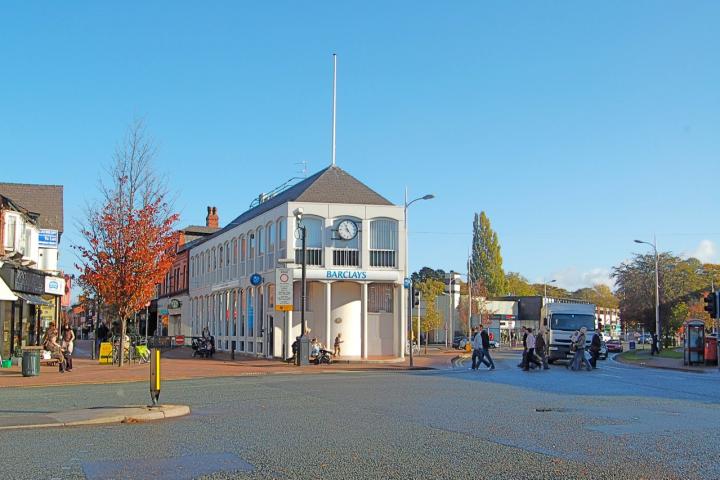
A questionnaire was sent to local residents last year inviting them to have their say on what Wilmslow will look like in 15 years time as part of of the process to create a Wilmslow Neighbourhood Plan, which will influence the future development of the town.
Following this initial questionnaire, the Wilmslow Neighbourhood Planning Group have been working to interpret the information that it gleaned from the 1200 responses and to determine the areas which the Neighbourhood Plan could legitimately address.
As a result of this analysis they have produced the Emerging Policies Document, which
sets out a vision and set of objectives for the Neighbourhood Plan and then specifies the more detailed topics where planning policy could be used to address issues raised.
The Wilmslow Neighbourhood Plan are now consulting the public on its Emerging Policies to determine whether the group has identified the planning priorities highlighted by the public via the initial questionnaire and to clarify if the proposed vision, objectives and suggested policy areas are broadly in line with public opinion.
Whilst the public are encouraged to visit the website and to complete the survey the group will be holding a number of open drop–in events over the next couple of months to encourage residents and businesses to talk to members of the group, to examine the Emerging Policies Document in greater detail and to indicate their support or opposition to the individual elements.
The first two drop in events are:
The Wilmslow Show, Neighbourhood Plan Stall – Sunday 9th July anytime between 11am and 5pm.
United Reformed Church, Meeting Rooms – Tuesday 11th July anytime between 7pm and 9pm
Brian Donohue, Chairman of the Wilmslow Neighbourhood Plan Group said "The Neighbourhood Plan will be a vital tool in helping to shape Wilmslow into the place that residents want it to be over the next 15-20 years. We were delighted by how many people responded to our initial questionnaire and it is equally important that the public now let us know if we are on the right track, we very much hope that people will come along to our informal drop-in events or to visit our website."
The consultation runs until 5pm on 30th September, after which the group will prepare a first draft of the Wilmslow Neighbourhood Plan with full planning policies and there will be more opportunities for residents to give their views on the document.
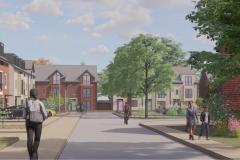
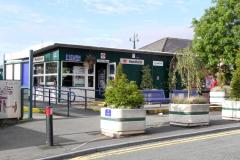



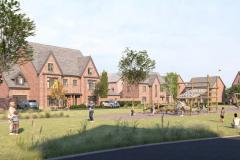
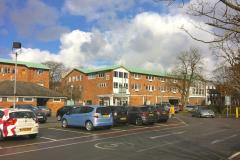

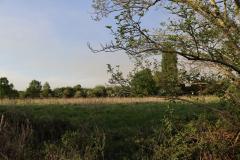

Comments
Here's what readers have had to say so far. Why not add your thoughts below.
Reading the emerging policies document you will see policies cover much more than just issues around development. The attractive thing for me is that we are seeking to bring some quality to our town moving forward. The kind of retail outlets and services we wish to see in the town centre, leisure provision, green spaces and how these are maintained, public transport etc.
There were people who claimed they did not receive information on the earlier public consultation so did not engage. We on the team do hope to hear from these people and from as many others as possible too. It is our town so let's all have a go at making it a good place to be for each and every one of us.
Their survey assesses the retail health of an area by calculating the proportion of upmarket shops compared with value retailers and 'undesirable' traders such as betting shops, pawnbrokers and pay day loan lenders. It also considers the vacancy rate among retail premises. To add to the validity of the survey, it is not taken as a snapshot at a single point in time but rather over a 5 year period.
The conclusions in this report are not dissimilar to those of the Vitality Index, published three years ago although Wilmslow does achieve a marginally better rating in this recent survey than it did in 2014.
The results are very good news for the town and its residents as retailers will take into account the conclusions and may be encouraged to move into new premises here.
Incidentally, Cheshire East do not charge or set rents for retail premises. That is the responsibility of the landlord. They do collect business rates but the levels are set nationally and the monies collected are passed to central government.